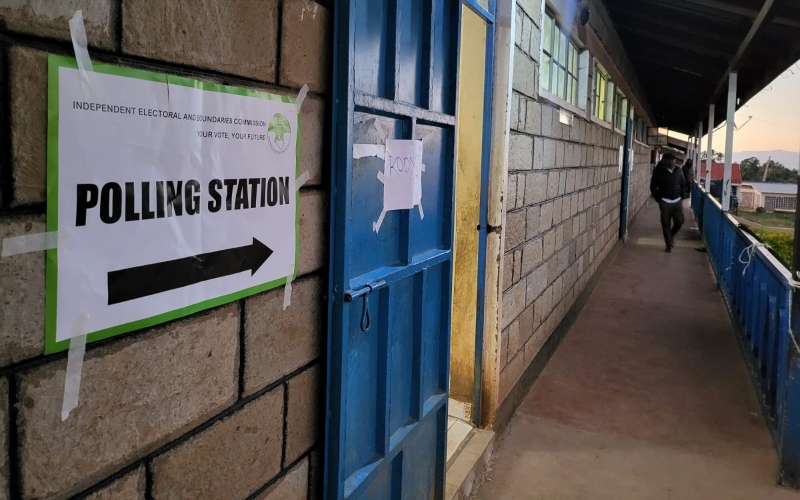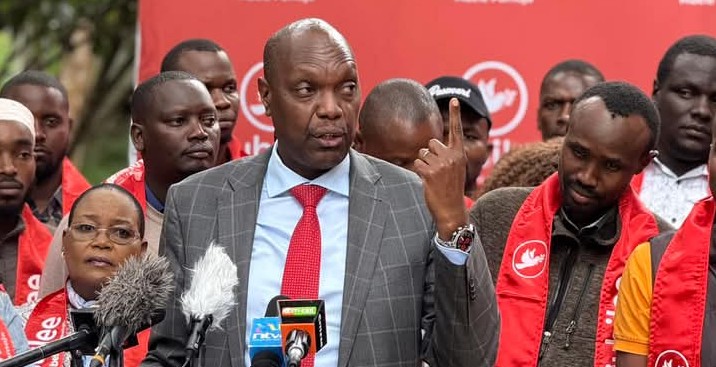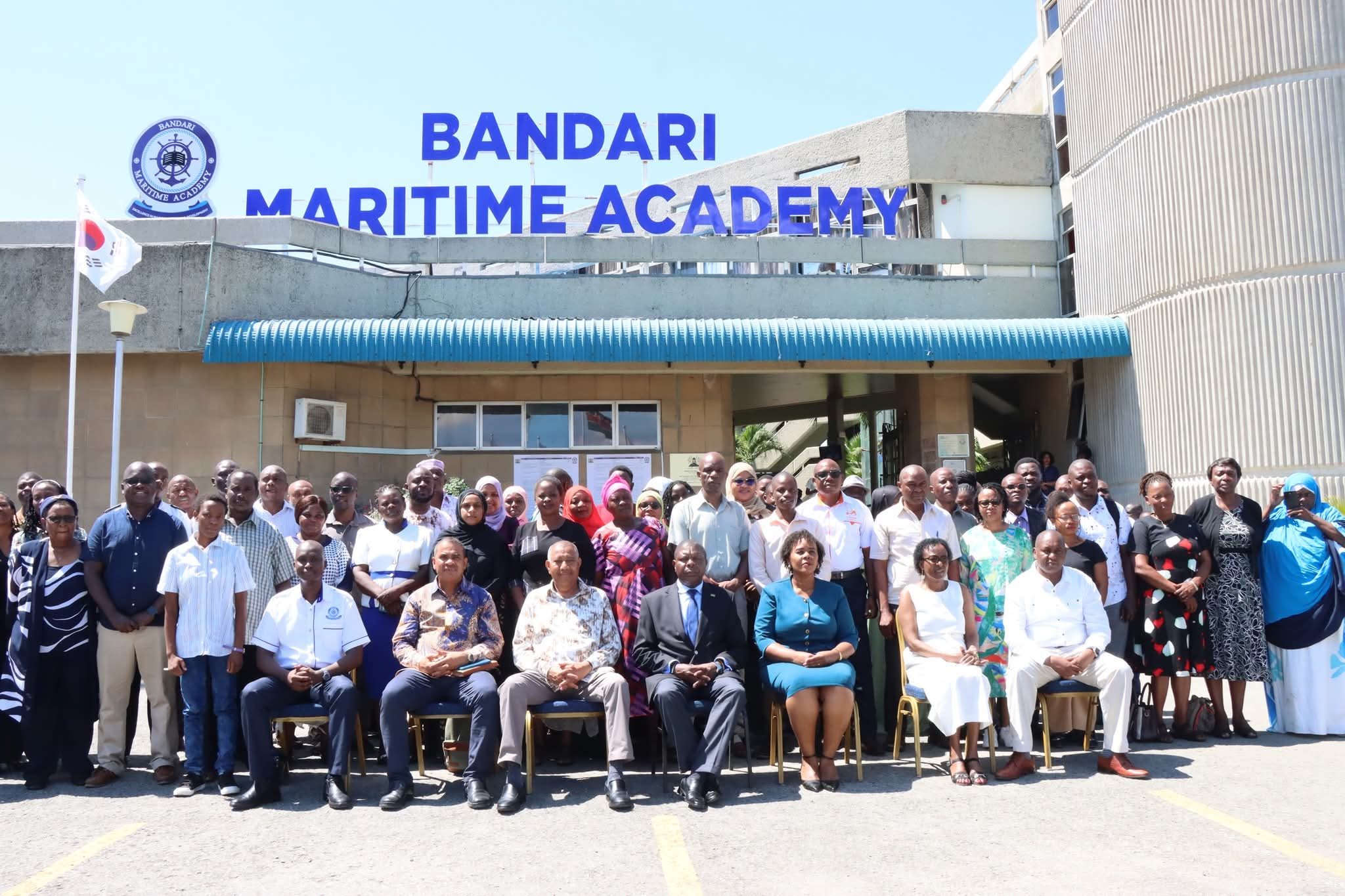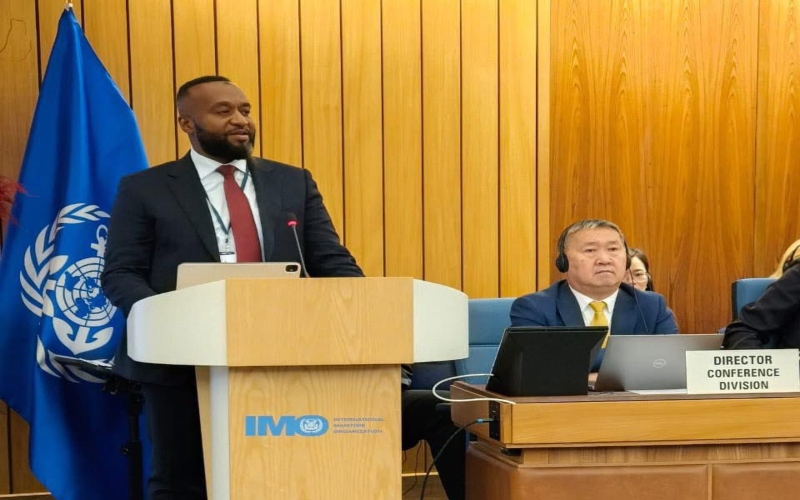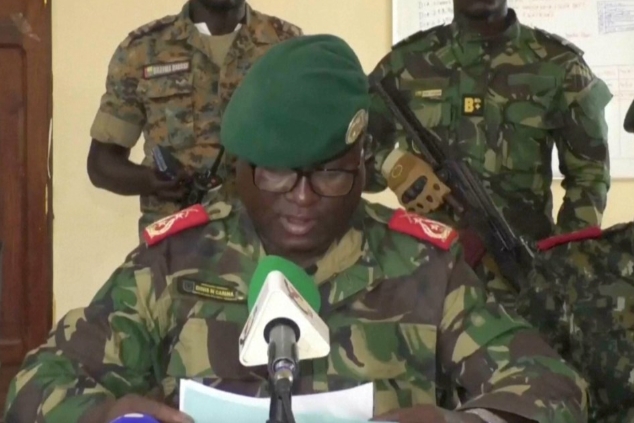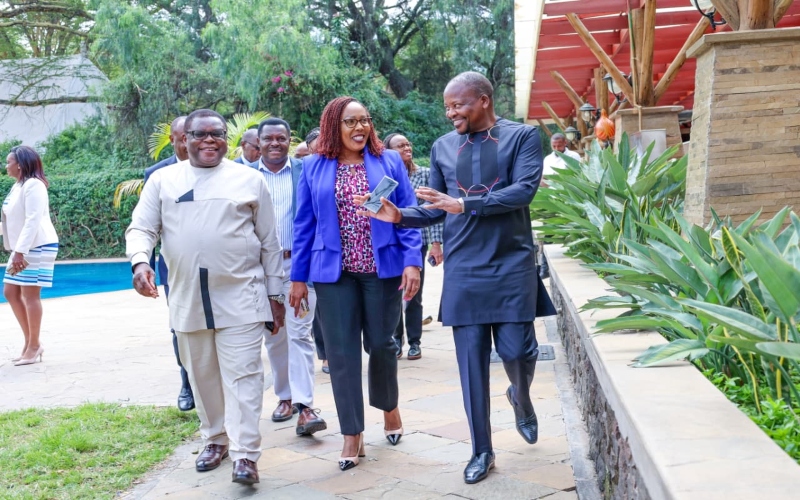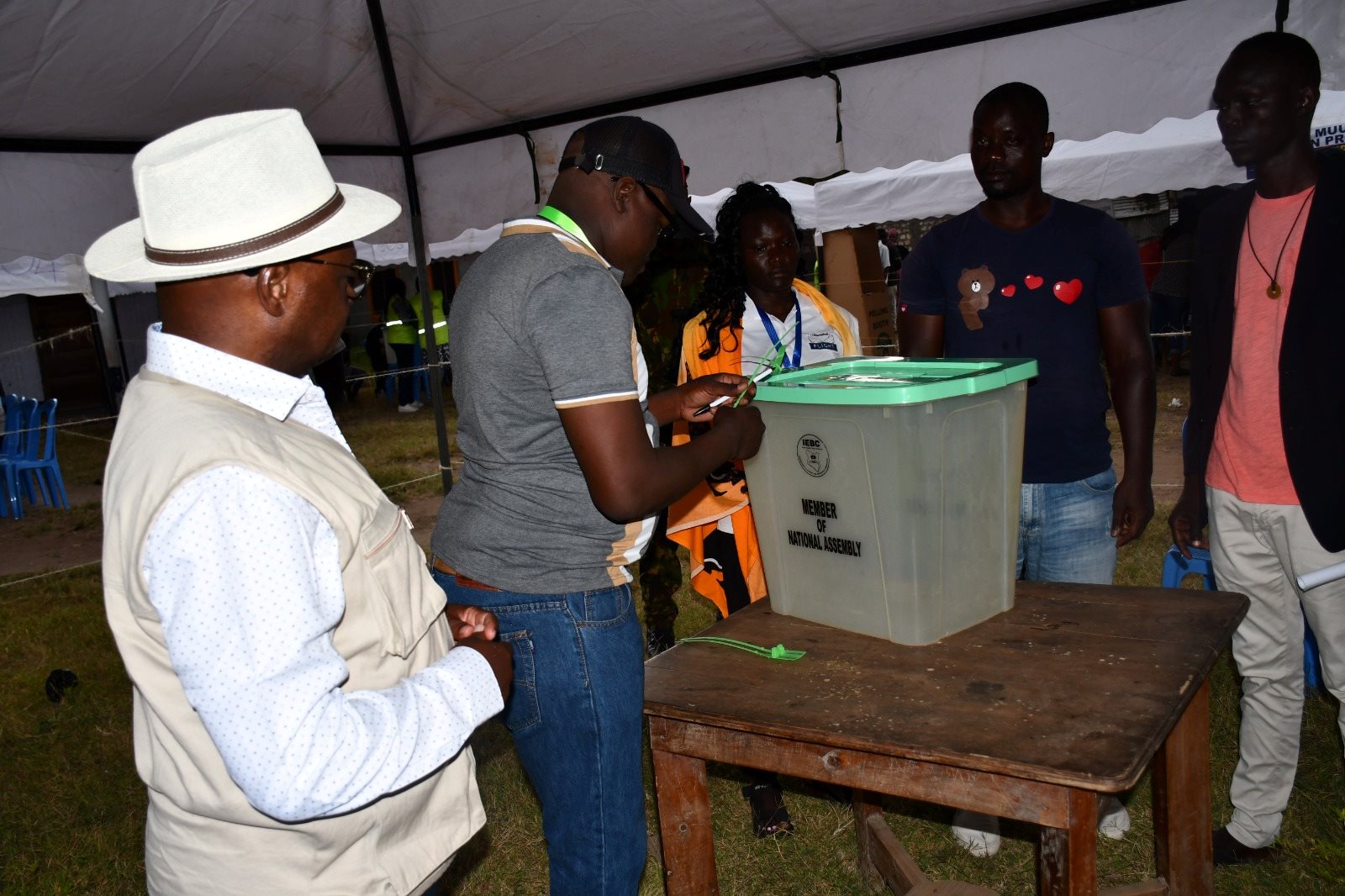Ruto calls for production of affordable fertiliser in Africa
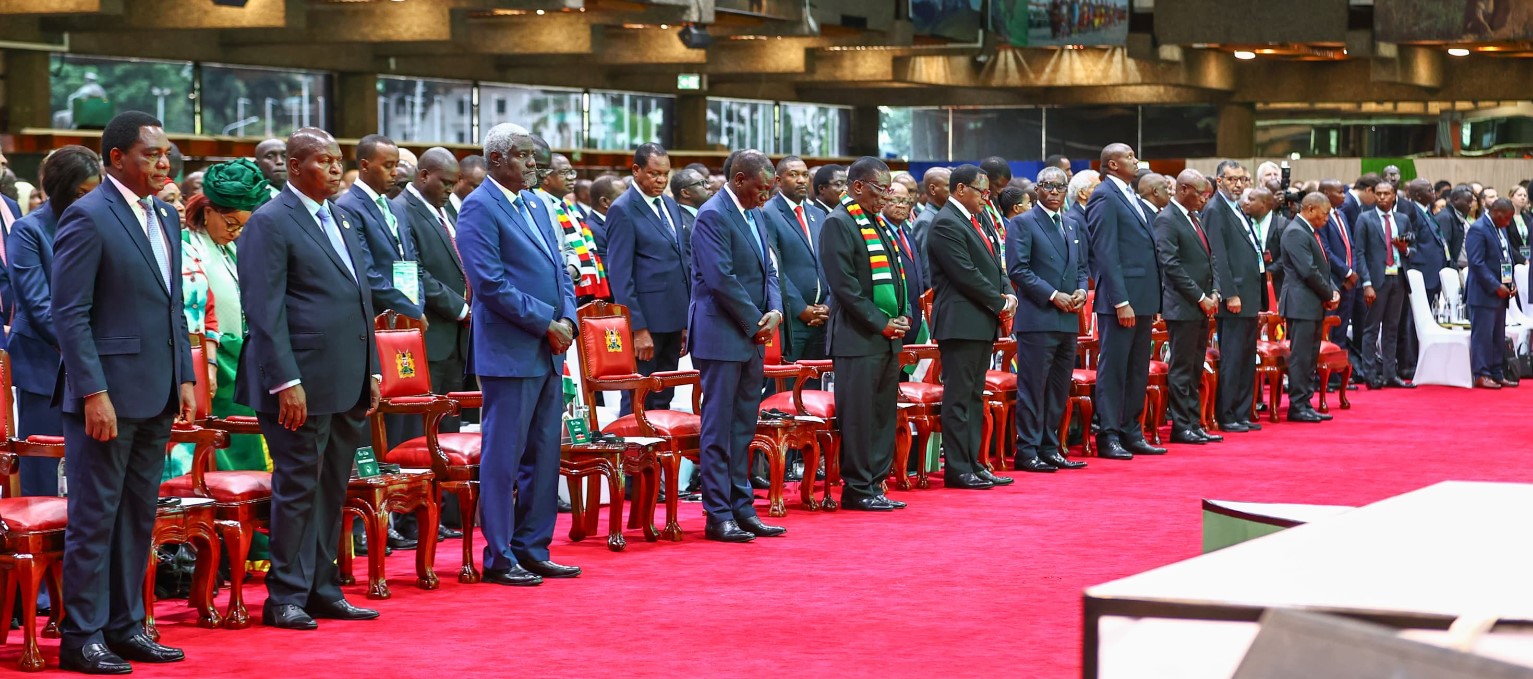
The continent, according to Ruto, possesses over 60 per cent of the world's uncultivated arable land, yet it operates far below its agricultural capacity.
President William Ruto on Thursday implored African countries to combine forces to secure adequate, affordable, and sustainable fertiliser production and supply across Africa.
Ruto, while closing the Africa Fertiliser and Soil Health Summit, decried how fluctuating prices and supply chain disruptions, worsened by conflict in producing regions, have pushed African countries to rethink the production of affordable fertilisers.
More To Read
- International Rescue Committee warns millions at risk as drought intensifies across Northern Somalia
- City Hall moves to recognise urban farmers in policy review
- Agrifood SMEs to benefit from new Sh16.4 billion funding programme
- Africa’s food security challenge: G20 calls for boost in trade and sustainable farming solutions
- What will it take to make Africa food secure? G20 group points to trade, resilient supply chains and sustainable farming
- East and Central Africa unveil joint plan to boost food security and grain trade
"Recent global economic crises, compounded by supply chain disruptions from the COVID-19 pandemic and geopolitical dynamics, have worsened fertiliser affordability and availability and disrupted agriculture, resulting in reduced acreage and lower yields," said Ruto.
He further explained that the summit presents an opportunity to collectively deliberate and sustain Africa's ambition by converting challenges into opportunities.
In his view, the continent must assess its current situation within the broader context of Africa's potential. He explained further that Africa remains heavily reliant on food imports, highlighting the limited progress achieved decades after the Abuja declaration. In June 2006, the Heads of State and Governments of the African Union (AU) endorsed the Abuja Declaration on Fertiliser for the Africa Green Revolution, a continental strategy to reverse the worrying trend of poor productivity in African soils.
"Clearly, therefore, we have very important issues to reflect upon and resolve as a matter of urgency, and this summit offers us a perfect opportunity," Ruto explained.
Challenges Africa faces
The Head of State said that the continent faces numerous serious challenges that hinder its efforts and investments in enhancing agricultural productivity. These include inadequate fertiliser application, extreme climate adversities such as flooding and intense drought, extensive land degradation, and others, all pointing to the broader issue of poor soil health.
The continent, according to Ruto, possesses over 60 per cent of the world's uncultivated arable land, yet it operates far below its agricultural capacity. This vast potential, he stated, highlights Africa's ability and obligation to transform from a hungry continent into a self-sufficient global breadbasket.
He, therefore, urged leaders from the continent to not only focus on increasing fertiliser usage but also on ensuring its judicious application to revitalise responsive soils and rehabilitate degraded ones.
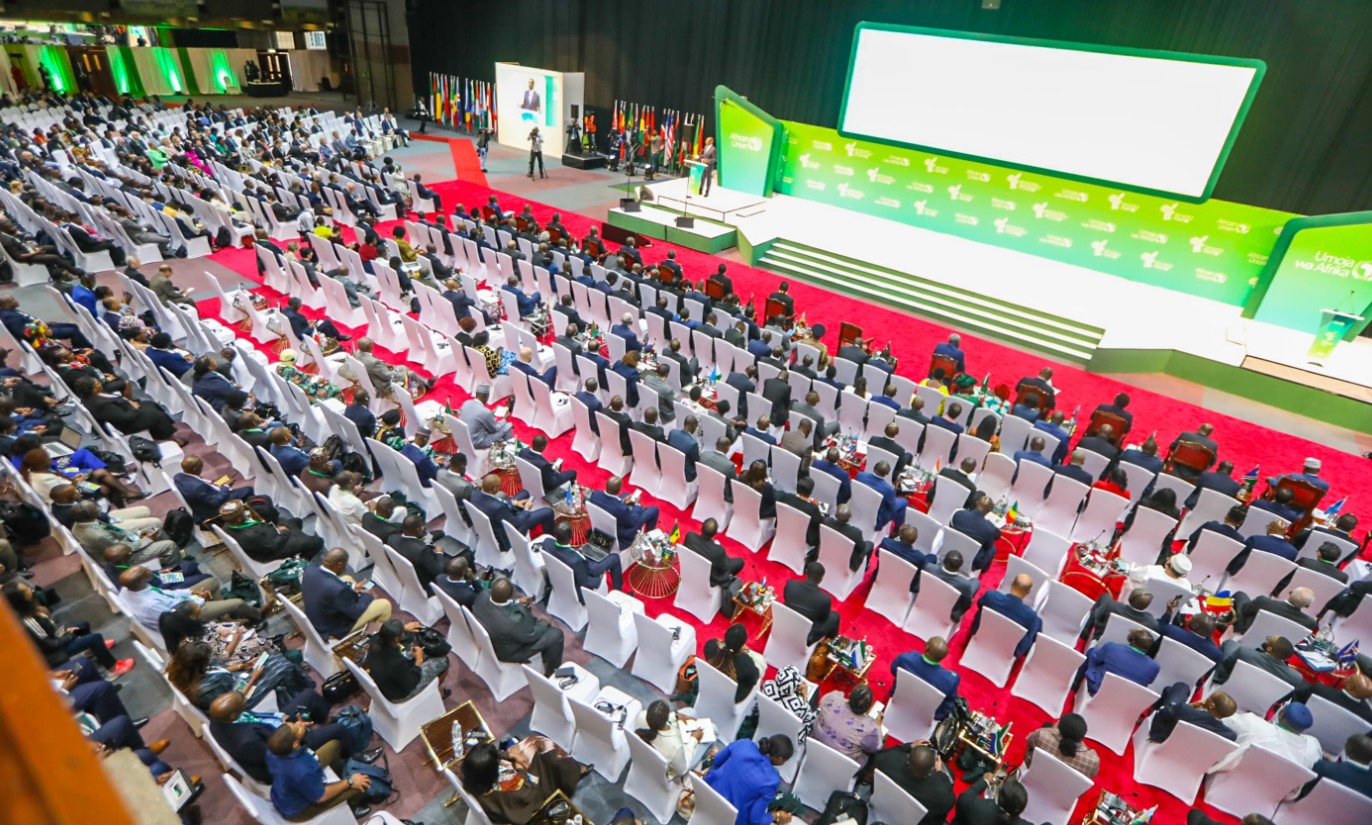 African heads of state and government and delegates at the Africa Fertiliser and Soil Health Summit at the Kenyatta International Convention Centre, Nairobi, on Thursday, May 9, 2024. (Photo: PCS)
African heads of state and government and delegates at the Africa Fertiliser and Soil Health Summit at the Kenyatta International Convention Centre, Nairobi, on Thursday, May 9, 2024. (Photo: PCS)President William Ruto and other African heads of state and government at the Africa Fertiliser and Soil Health Summit, Kenyatta International Convention Centre, Nairobi, on Thursday, May 9, 2024. (Photo: PCS)
"Despite our current situation falling short of our ambitions outlined in the Abuja Declaration, Sustainable Development Goal 2 (Zero Hunger), and Agenda 2063, there are reasons for optimism. It is encouraging to see several African nations making strides in fertiliser production, particularly phosphate fertilisers. However, the absence of nitrogen fertiliser production plants, due to high capital requirements, underscores the need for regional investment collaboration to enhance our self-sufficiency in fertiliser manufacturing."
More solutions
Ruto vouched for a common strategy, collective action, joint investment, and logistical collaboration to ensure every arable acre of Africa's land receives the right type and quantity of fertiliser. This, he believed, will shift agricultural production from deficit to surplus.
"To anchor our interventions in sustainability, we must design effective subsidy programmes that support both immediate productivity needs and long-term soil health," Ruto detailed.
He also explained the need to entrench production incentives by leveraging the African Continental Free Trade Area to enhance market access and profitability for farmers.
Several heads of state and government jetted into Nairobi on Wednesday for the Africa Fertiliser and Soil Health Summit, which began on Tuesday and was officially opened by Prime Cabinet Secretary Musalia Mudavadi. The summit was convened following a decision by the African Union Assembly in February this year. It is the second summit following the first one that was held in Abuja, Nigeria, in 2006.
The African leaders later held a ministerial session, with ministers from several African countries represented.
Among the leaders present are Presidents Faustin-Archange Touadéra (the Central African Republic), Dr. Lazarus McCarthy Chakwera (Malawi), Hakainde Hichilema (Zambia), Emmerson Mnangagwa (Zimbabwe), Nangolo Mbumba (Namibia), and Gervais Ndirakobuca, the Prime Minister of the Republic of Burundi.
Meanwhile, Nairobi is hosting the continental summit even as its Cabinet Secretary for Agriculture, Mithika Linturi, is under investigation for gross misconduct, gross violation of the constitution and committing a crime with the fake fertiliser scandal at the centre of his woes.
Top Stories Today







